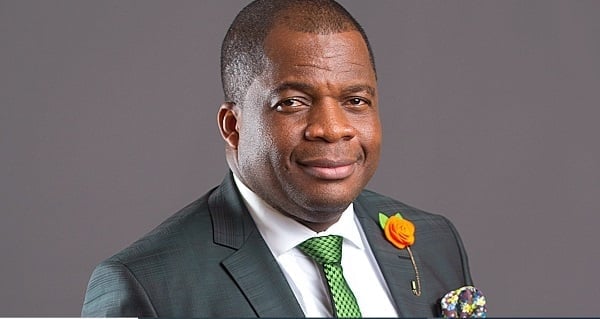Rev. Stephen Wengam, the General Superintendent of the Assemblies of God Church, has delivered a potent message emphasizing the indispensable role of ethics, spirituality, and wisdom in political leadership. In an interview on TV3’s Hot Issues, he underscored the need for political leaders to seek guidance from righteous sources, specifically advocating for consultation with pastors and a firm rejection of ungodly or unethical practices. He cautioned against the potential allure of dark influences, stating unequivocally that the nation should not be surrendered to satanic forces. This call for ethical leadership serves as a timely reminder of the moral compass expected of those entrusted with public office, emphasizing the importance of integrity and spiritual grounding in navigating the complexities of political decision-making. Rev. Wengam’s pronouncements highlight the inherent tension between the spiritual and temporal realms within the political arena.
Central to Rev. Wengam’s message is the concept of wisdom, which he deems a critical attribute for both political leaders and the pastors who advise them. Drawing a parallel to the biblical parable of the wise and foolish virgins, he lamented the perceived deficiency of wisdom amongst some clergy engaging with the political landscape. This observation underscores the need for pastors to cultivate not only spiritual depth but also practical wisdom when offering counsel to those in positions of power. Furthermore, he delineated the appropriate boundaries of pastoral involvement in politics, advocating for behind-the-scenes guidance while cautioning against overt political preaching from the pulpit or using prophecy to manipulate voters. This nuanced approach emphasizes the importance of maintaining the sanctity of religious platforms while acknowledging the legitimate role of faith leaders in contributing to the moral development of society.
Rev. Wengam stressed the significance of prayer for political leaders, recognizing the ultimate sovereignty of God in determining electoral outcomes. He called for maturity and acceptance of election results, irrespective of political affiliation, emphasizing the shared responsibility of all citizens in nation-building. This call for unity transcends partisan divides and underscores the importance of collaborative efforts in advancing the common good. His message promotes a vision of a society where individuals, regardless of their political leanings, contribute to the collective progress of the nation. It emphasizes the need to prioritize national interests over individual political ambitions, fostering an environment of mutual respect and shared responsibility.
The interview also touched upon the contentious ORAL project, with Rev. Wengam expressing concerns about the potential for personal interests to overshadow the project’s intended purpose. While commending the President for considering the initiative, he stressed the importance of upholding the rule of law and ensuring justice prevails. His comments on the ORAL project reflect a broader concern about the potential for corruption and self-serving motives to undermine public initiatives. The emphasis on respecting the law underscores the importance of due process and accountability in all matters of governance, ensuring that projects serve the public good and are not hijacked by individual or partisan agendas.
Rev. Wengam’s remarks encapsulate a call for ethical, wisdom-guided leadership in the political sphere, emphasizing the need for spiritual discernment and a commitment to the common good. His words resonate as a timely reminder of the crucial role that ethical considerations and spiritual values should play in shaping political discourse and decision-making. By advocating for consultation with wise counsel, promoting unity beyond partisan lines, and upholding the rule of law, Rev. Wengam offers a framework for a more responsible and morally grounded approach to governance. His message serves as a guide not only for political leaders but for all citizens who share a stake in the future of the nation.
His call for pastors to provide wise counsel to political leaders, while refraining from using the pulpit for partisan politics, reflects a carefully considered approach to the intersection of faith and politics. Rev. Wengam’s perspective suggests that while faith can and should inform the moral compass of leaders, the church must remain a space for spiritual guidance and unity, rather than a platform for political campaigning. By emphasizing wisdom, maturity, and respect for the law, Rev. Wengam ultimately advocates for a path towards a more just and equitable society, guided by ethical principles and a shared commitment to the nation’s welfare. His insights offer valuable considerations for both religious leaders and political figures navigating the complex interplay between faith and public service.


